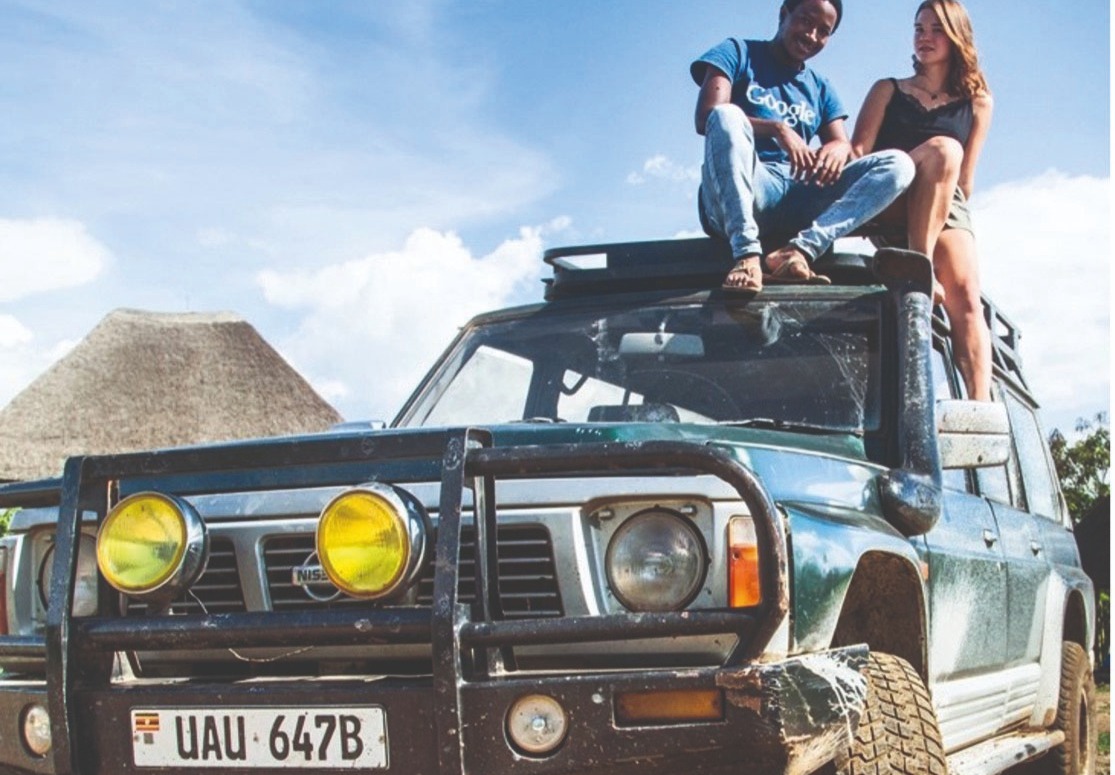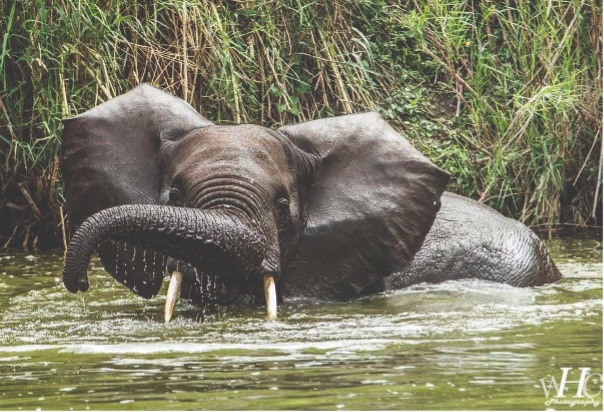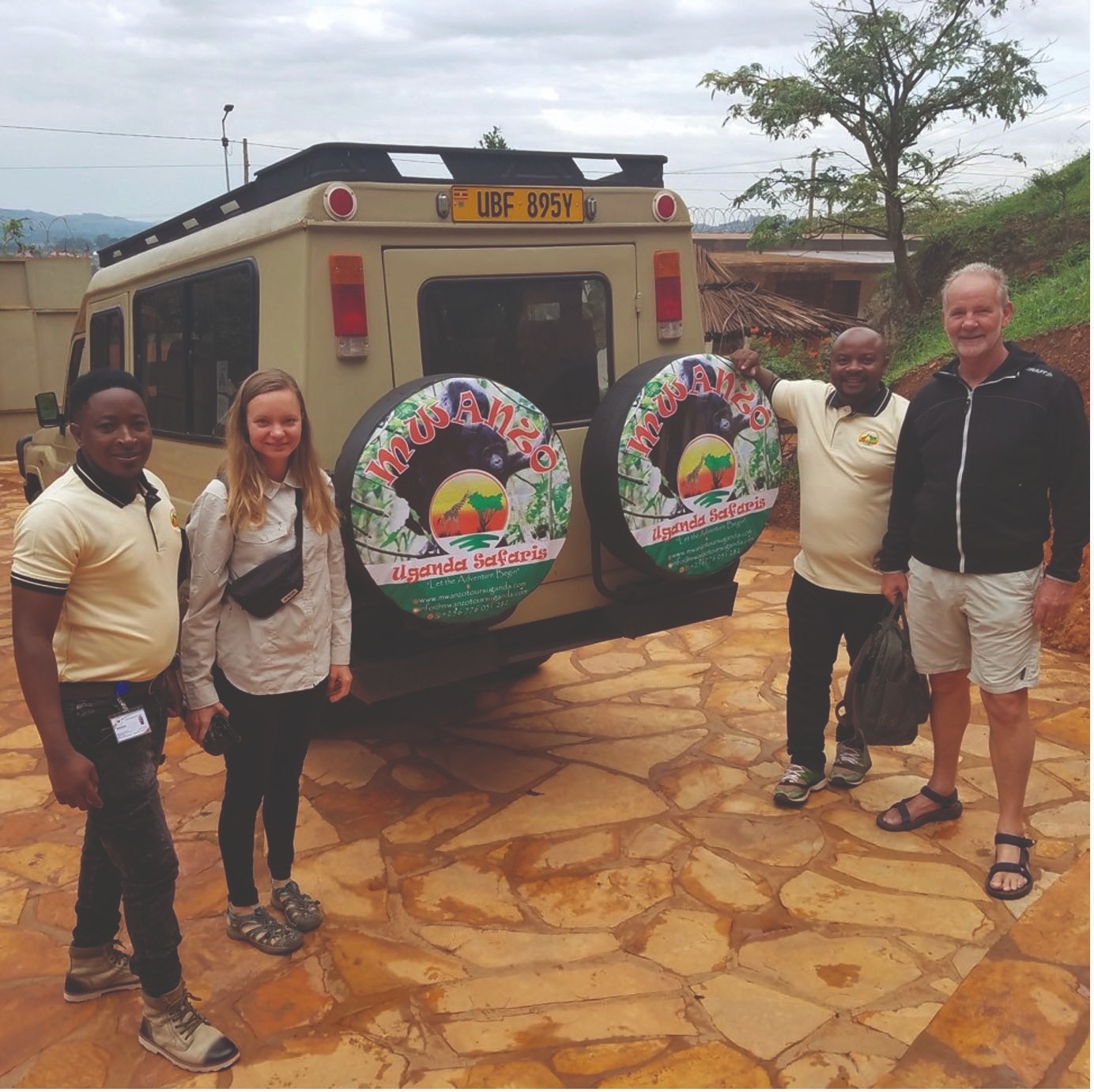Community Engagement & Protecting Nature: An Eco Approach To Safari Tourism

Safari tourism in the African continent has transformed dramatically in the last few years, luring in a global audience searching for immersive wildlife and cultural experiences.
According to Atta Travel there’s an expected leap in revenue from US$18,014.3 million by the end of 2023 to an impressive US$34,422.7 million by 2033. But as it gains traction, who is bene- fitting – the local communities or foreign companies?
Safaris are gaining more and more popularity, as the global GDP
is strengthening, there are improvements in infrastructure across
Africa, and there’s a growing interest in unique and eco-friendly
wildlife experiences.
83% of travellers worldwide believe that
sustainable travel is important.

Anthony, a talented and successful electrician in Kampala, Uganda, had long envisioned launching a tourism business. He was raised in a priest-led foster family, where he developed a deep awareness of the needs within his community from young. Hanna, an Environmental Science and Business graduate, from the Netherlands, relocated at the age of 18 to Africa. She spent the following 7 years living across the continent, gaining an understanding of its local cultures, ecosystems, sustainability and indigenous rights.
Upon meeting, Hanna and Anthony discovered their shared vision to create something “rooted in environmental steward- ship and local empowerment”, which combined Anthony’s local insights with Hanna’s passion for sustainability. They recognised the unrealised potential of Uganda’s tourism sector and its abil- ity to be a force for positive change. This led them to co-found Mwanzo Tours in 2019, through which they strive to revolution- ise the tourism industry while uplifting local communities.
A recent fundraiser by the nonprofit RISE Institute, showcased
their documentary “Hidden in Plain Sight”. It shines a light on
the inequalities in the safari industry, specifically in Tanzania,
not only for humans, but also for animals. The visuals and local
voices which they use in the documentary highlight the reality
of the system – the big leakage in the economy. This is where the
profit made from tourism barely reaches the communities, the
people who are at the forefront of tourists’ experiences.

The co-founders of Mwanzo tours want to change the way the industry works, and “bring the tourist dollar to the commu- nities” - a philosophy which has shaped the company into a platform for positive change.
One way they have used it as a vehicle for community devel-
opment is their partnership with the Stoppelhaene festival in
the Netherlands - to support agricultural education in Kibinge,
Uganda. Working closely with local artisans, small businesses
and community organisations, they hope to enrich their tours
and ensure that the money earned resides within the local
perimeters.
They partner with various conservation organisations, giving a portion of their proceeds to programs that protect endangered species. Also, a portion of each booking goes towards initiatives that benefit local families, supporting long-term sustainable development in the area, in education and healthcare.
Despite the many issues, which are often hidden from the tour- ist’s gaze, safaris no doubt drive much of the economic growth in the African content, especially for the more rural areas. But there needs to be more of a focus on economic localisation, as well as ecological balance.
Safari operator companies like Mwanzo Tours, are trying to make tourists adhere to the “Leave No Trace” principles. They, as well as other locally run businesses, are raising awareness around conservation and encouraging “respectful interaction with both wildlife and local people”.
Post a comment